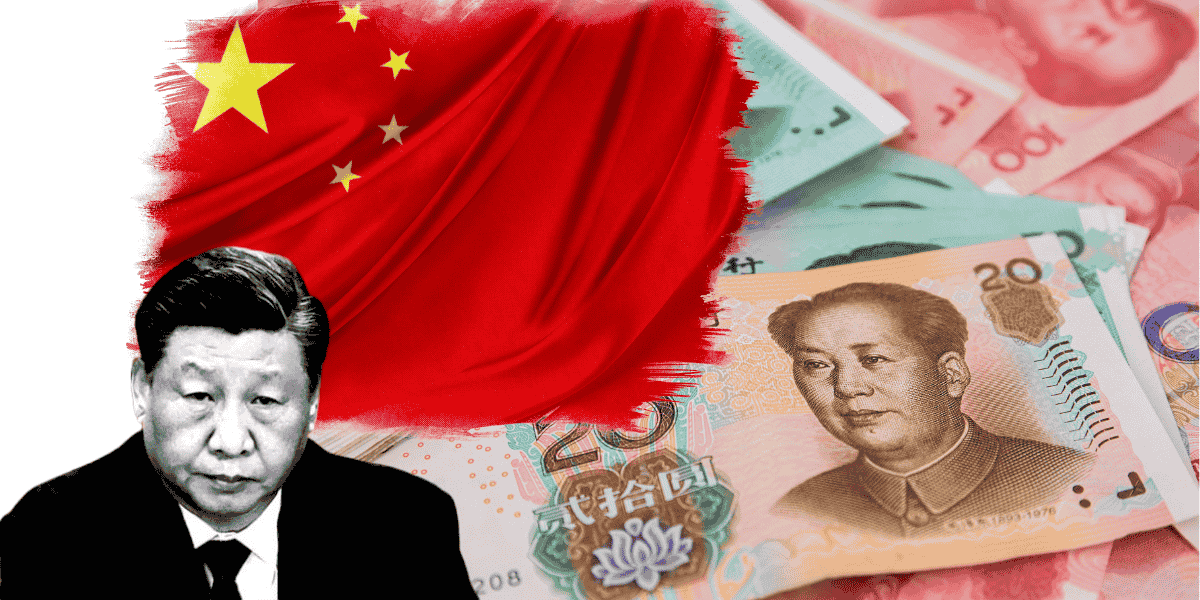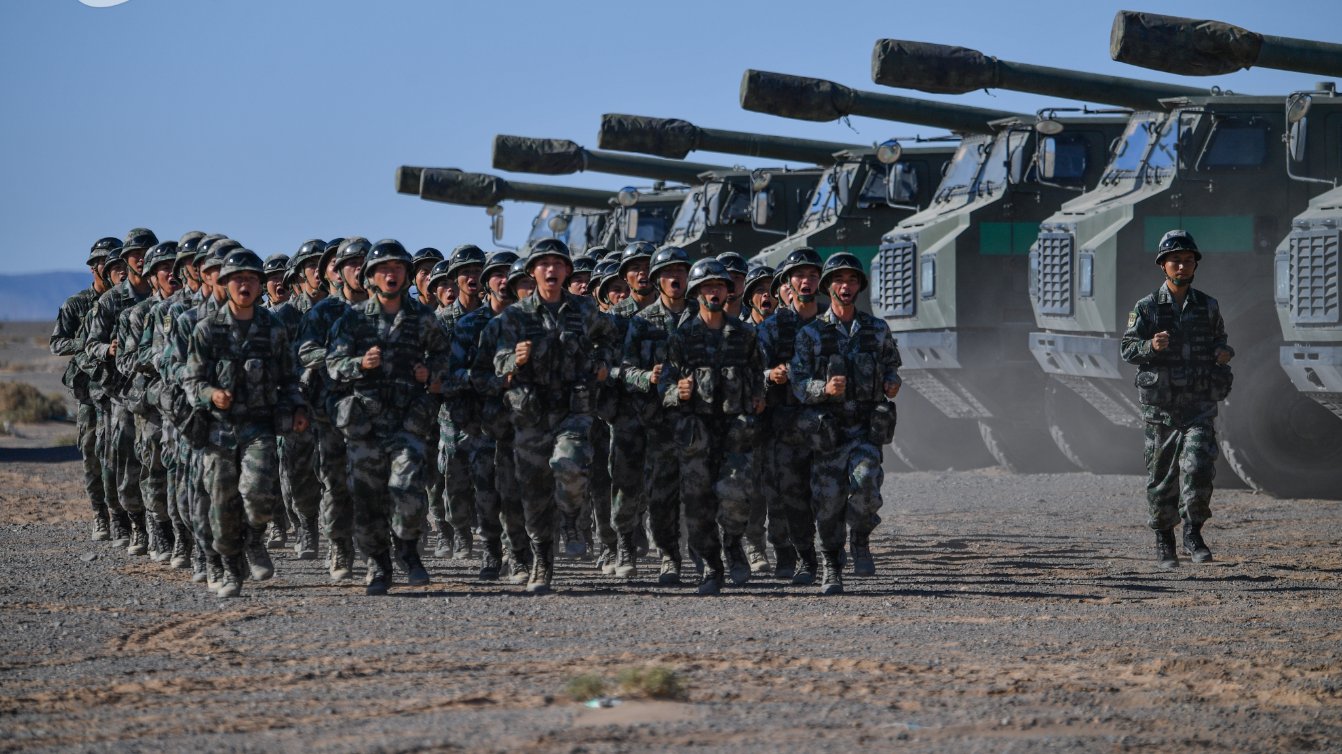China’s sweeping anti-graft campaign in the People’s Liberation Army (PLA), which has led to the sacking of two consecutive defense ministers and many senior military officials, could end up derailing the country’s military build-up goals, says a recent Pentagon report.
The US Department of Defense (DoD) published the “Military and Security Developments Involving the People’s Republic of China” report on December 18. The report explores the rise of corruption within the PLA and China’s efforts to reduce it.
At a briefing on the report, a senior defense official told reporters that PLA’s progress toward its 2027 goals may have been hampered by the wave of corruption-related investigations and the dismissal of senior leaders.
The official was quoted as saying that the corruption-related investigation and dismissals have started “having some impact already” and will “inevitably” come up again as the Pentagon monitors the campaign’s impact on acquiring new military capabilities and big construction projects.
The Chinese Communist Party (CCP) announced the 2027 military modernization goal in 2020. It is part of a series of current military modernization objectives, which include China having “basically completing national defense and military modernization by 2035” and having a “world-class military by mid-century.”
According to the Pentagon, China’s modernization objectives for 2027 include increasing the rate of modernization of military theories, personnel, weapons, and equipment while also advancing the integration of intelligence, automation, and other instruments.
Moreover, the Pentagon has warned that China could launch an invasion of Taiwan by 2027.
A Chink In China’s Armor?
Notably, the latest Pentagon assessment comes weeks after reports indicated that the Chinese Defence Minister Dong Jun has been put under investigation for corruption.
While the Chinese Foreign Ministry dismissed the claims, calling them “just shadow-chasing,” the report sparked concern that Dong could be the third consecutive defense minister to be sacked by Xi Jinping.

Before this, former defense ministers Wei Fenghe and Li Shangfu were expelled from the Communist Party and put under investigation for accepting bribes.
The Pentagon report states, “In 2023, the PLA experienced a new wave of corruption-related investigations and removals of senior leaders, which may have disrupted its progress toward stated 2027 modernization goals. Between July and December 2023, at least 15 high-ranking military officers and defense industry executives were removed from their posts. Several leaders investigated or removed for corruption oversaw equipment development projects related to modernizing the PRC’s ground-based nuclear and conventional missiles.”
Li Shangfu, the then-PRC Minister of National Defense, was formally dismissed by Beijing in late October. Li was in charge of the Central Military Commission’s Equipment Development Department (EDD) from 2017 until 2022, during which time he would have approved all of the PLA’s purchases of munitions.
The removal of Li came after the dismissal of several PLA Rocket Force (PLARF) leaders in July of last year, including PLARF Political Commissar Xu Zhongbo, then-PLARF Commander Li Yuchao, and other deputy commanders.
“The wholesale dismissal of senior PLARF leadership may be connected to fraud cases involving the construction of underground silos for ballistic missiles during a period of rapid expansion for the PLARF and the PRC’s missile industry. The impact on PRC leaders’ confidence in the PLA after discovering corruption on this scale is probably elevated by the PLARF’s uniquely important nuclear mission,” the report states.

It further stresses that Beijing’s trust in senior PLA officials may have been eroded by the scope of the current wave of corruption cases, which affect all PLA services.
“PRC leaders probably view the CCP’s decade-long campaign as a necessary tool to build a professional fighting force as part of the PLA’s 2027 modernization goals. In March 2024, CMC Vice Chairman He Weidong told a PLA delegation at the PRC’s annual legislative gathering that the CMC (Central Military Commission) would crack down on “fake combat capabilities” in the military, which may refer to weapons procurement-related corruption.”
Michael Chase, deputy assistant secretary of defense for China, Taiwan, and Mongolia, said at a briefing, “[this] may be a different kind of impact on the PLA’s ability to meet the capabilities development milestones that Xi Jinping has set out for them.”
“It certainly has to shake the leadership’s confidence in the political reliability of the PLA and, again, in its sort of overall ability to deliver what they’ve been tasked to deliver.”
The extensive anti-corruption campaign is based on Chinese President Xi Jinping’s resolve to boot out corruption from the PLA ever since he took office in 2012. Xi’s campaign against corrupt generals is consistent with his overarching objective of turning the PLA into a loyal, elite military force.
During a Central Military Commission Political Work Conference, he mentioned “deep-seated problems” in the PLA and emphasized the necessity for “earnest rectifications” and “soul-searching reflections.” He also emphasized: “There must be no place for corrupt elements to hide in the military, and the gun barrels should always be in the hands of those who are loyal and reliable to the party.”
However, in the past few years, experts and US officials have remarked that Jinping’s ambition of making the PLA a “world-class” military by 2050 is shifting further away due to widespread corruption in China’s defense ministry and industrial base. Beyond specific ministers, the corruption issue impacts vital military infrastructure and combat readiness.
In a separate section, the report also claims that China is “almost certainly” using the lessons it has learned from Russia’s war in Ukraine to inform its strategy toward Taiwan. The top defense official specifically stated that China wants to “advance their objectives” in the information domain and has seen the sanctions on Russia as an indication that it must become more independent to survive more sanctions.
Further, it states China now possesses an estimated 600 nuclear warheads in operation, an increase of about 100 since the previous year’s assessment was published. Although the senior defense official stated that it was consistent with their earlier projections, they added that they undoubtedly anticipate China will “continue expanding and modernizing their force” after 2030 and possess over 1,000 operational nuclear bombs by that time.
Not surprisingly, the Chinese Foreign Ministry lambasted the report, which called it ”irresponsible” and referred to it as a US justification for preserving its military dominance.
“The U.S. report, like previous similar reports, ignores facts, is full of bias,” ministry spokesman Lin Jian said during a news briefing. He urged the U.S. to stop releasing such reports and instead take concrete steps to ensure the stability of China-U.S. military relations.
In a separate statement, Lin Jian said, This report, like the ones we’ve seen before, lays little emphasis on truth. It is filled with bias and designed to amplify the “China threat” narrative only to justify the US’s desire to maintain military supremacy. China is fully committed to being a force for peace, stability, and progress in the world. We are equally determined to defend our sovereignty, security, and territorial integrity. We call on the US to abandon the Cold War mentality and hegemonic way of thinking, view China’s strategic intention and defense development in an objective and rational way, stop issuing this kind of irresponsible report year after year, and make sure what it does is conducive to a stable relationship between the two countries and the two militaries.
- Contact the author at sakshi.tiwari9555 (at) gmail.com
- Follow EurAsian Times on Google News




